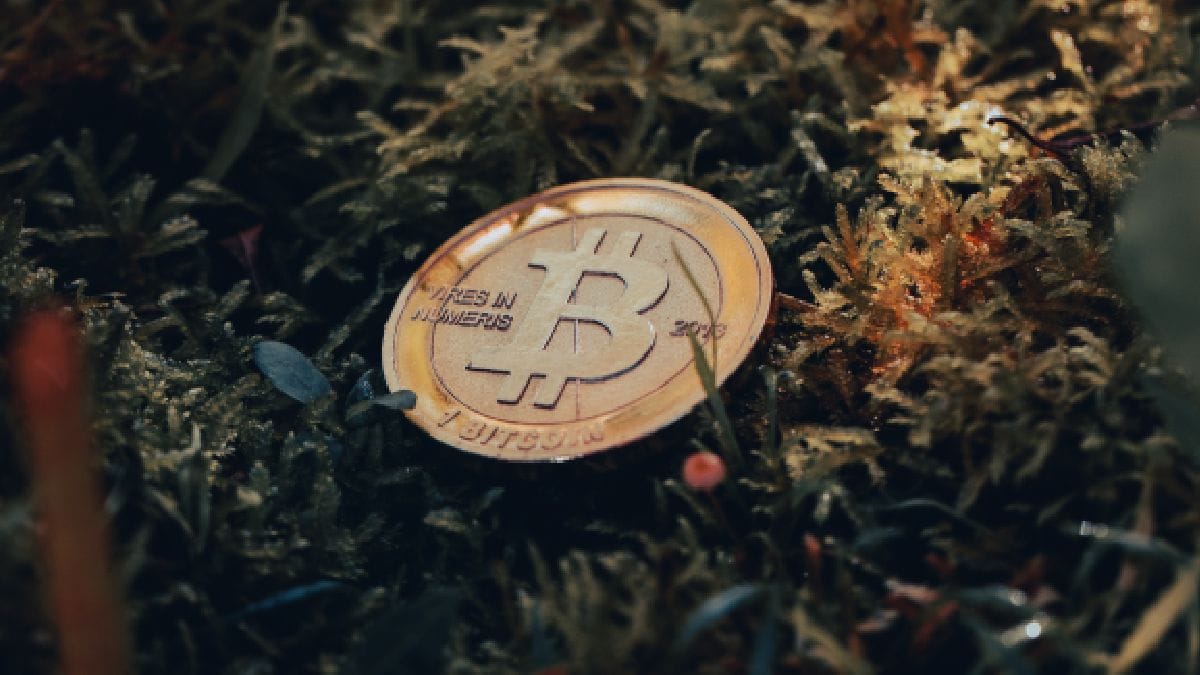Chandrayaan-3 Launch Successful, Lander Expected to Land on Moon on August 23
The wait is over as the GSLV Mark 3 (LVM 3) heavy-lift launch vehicle lifted off successfully from the Satish Dhawan Space Centre in Andhra Pradesh’s Sriharikota as per the scheduled launch time.
The journey from Earth to the moon for the spacecraft is estimated to take about a month and the landing is expected on August 23. Upon landing, it will operate for one lunar day, which is approximately 14 Earth days. One day on the Moon is equal to 14 days on Earth.
Chandrayaan-3, India’s third lunar exploration mission, will make India the fourth country after US, China, and Russia, to land its spacecraft on the surface of the moon and demonstrate the country’s abilities for safe and soft landing on the lunar surface.
Chandrayaan-3 is the ISRO’s follow-up attempt after the Chandrayaan-2 mission faced challenges during its soft landing on the lunar surface in 2019 and was eventually deemed to have failed its core mission objectives.
Chandrayaan-3 will be inserted into the Lunar Transfer Trajectory after the orbit-raising maneuvers. Covering a distance of over 300,000 km, it will reach the Moon in the coming weeks. Scientific instruments onboard will study the Moon’s surface and enhance our knowledge.
Chandrayaan-3 is equipped with a lander, a rover, and a propulsion module. It weighs around 3,900 kilograms.
Moon serves as a repository of the Earth’s past and a successful lunar mission by India will help enhance life on Earth while also enabling it to explore the rest of the solar system and beyond.
July 14, 2023, will always be etched in golden letters in the annals of India’s space sector history, said Prime Minister Narendra Modi, ahead of the launch of the much-awaited Chandrayaan-3, India’s third lunar mission.
“This remarkable mission will carry the hopes and dreams of our nation,” PM Modi had tweeted earlier.
“Thanks to our scientists, India has a very rich history in the space sector. Chandrayaan-1 is considered to be a path breaker among global lunar missions as it confirmed the presence of water molecules on the moon. It featured in over 200 scientific publications around the world,” PM Modi wrote on Twitter.
“Till Chandrayaan-1, the moon was believed to be a bone-dry, geologically inactive, and uninhabitable celestial body. Now, it is seen as a dynamic and geologically active body with the presence of water and sub-surface ice,” he added, asserting it might be potentially inhabited in the future.
Chandrayaan-2 was equally pathbreaking because data from the Orbiter associated with it detected the presence of chromium, manganese, and sodium for the first time through remote sensing. This will also provide more insights into the moon’s magmatic evolution, PM Modi stated.
The key scientific outcomes from Chandrayaan-2 include the first-ever global map for lunar sodium, enhancing knowledge on crater size distribution, unambiguous detection of lunar surface water ice with IIRS instrument, and more. The mission has been featured in almost 50 publications.
Extending best wishes for the Chandrayaan-3 mission, PM Modi urged people to know more about this lunar mission and the strides India has made in space, science, and innovation. “It will make you all very proud,” he added.
Chandrayaan-3’s development phase commenced in January 2020 with the launch planned sometime in 2021. However, the Covid-19 pandemic brought an unforeseen delay to the mission’s progress.
K Sivan, former director of ISRO, told ANI that the success of mission Chandrayan-3 will give a morale boost to programs like Gaganyan, India’s first manned space mission.
Former ISRO scientist Nambi Narayanan, who has been instrumental in the country’s space sector innovation, said on Thursday the Chandrayaan-3 mission is going to be successful and a game-changer event for India.
”Chandrayaan-3 will definitely be a game changer for India and I hope it will be successful. India will become an inspiration to the entire world. Let’s wait for the launch and pray for the best,” Nambi Narayanan told ANI.
“I’m assuming, and I hope that it will be a successful mission. Because whatever the problem in Chandrayaan-2, actually, we corrected the whole thing. From the failure, we have understood all mistakes (on our part),” Narayanan, the recipient of India’s third highest civilian honour, ‘Padma Bhushan’, told ANI.
Check out our Latest News and Follow us at Facebook
Original Source






